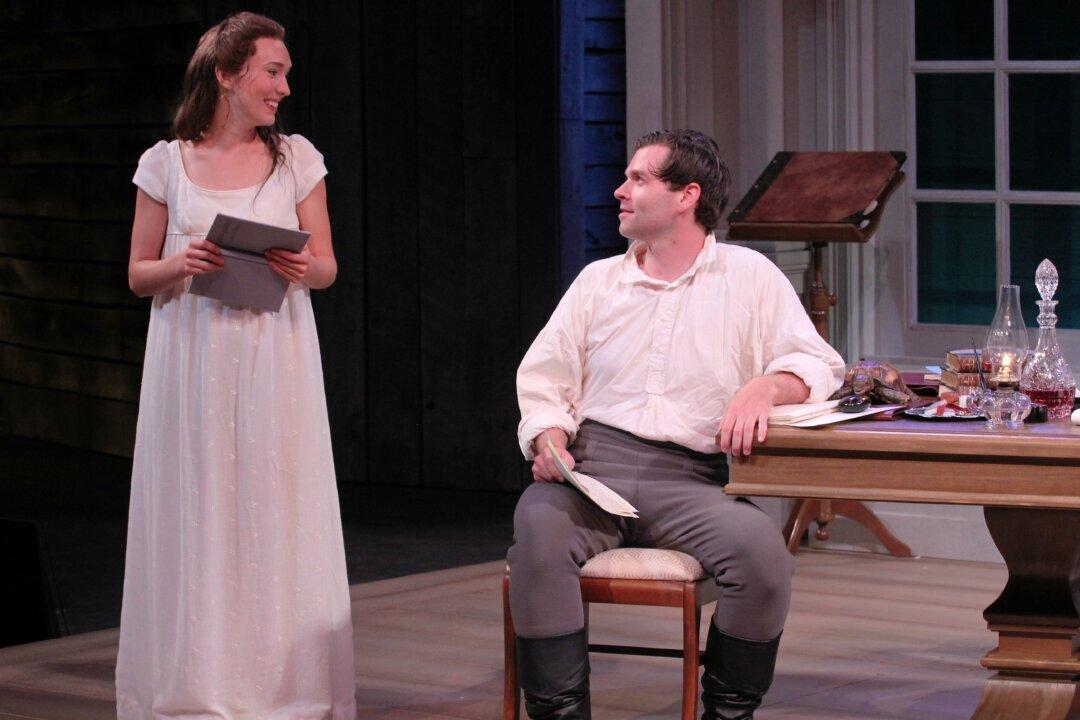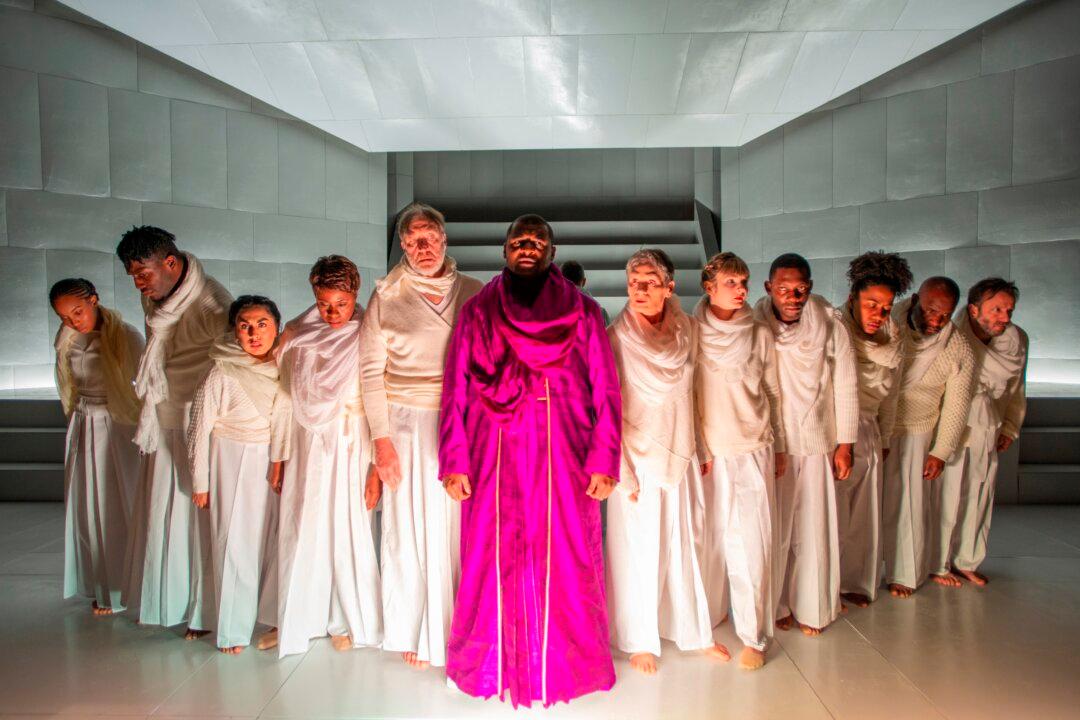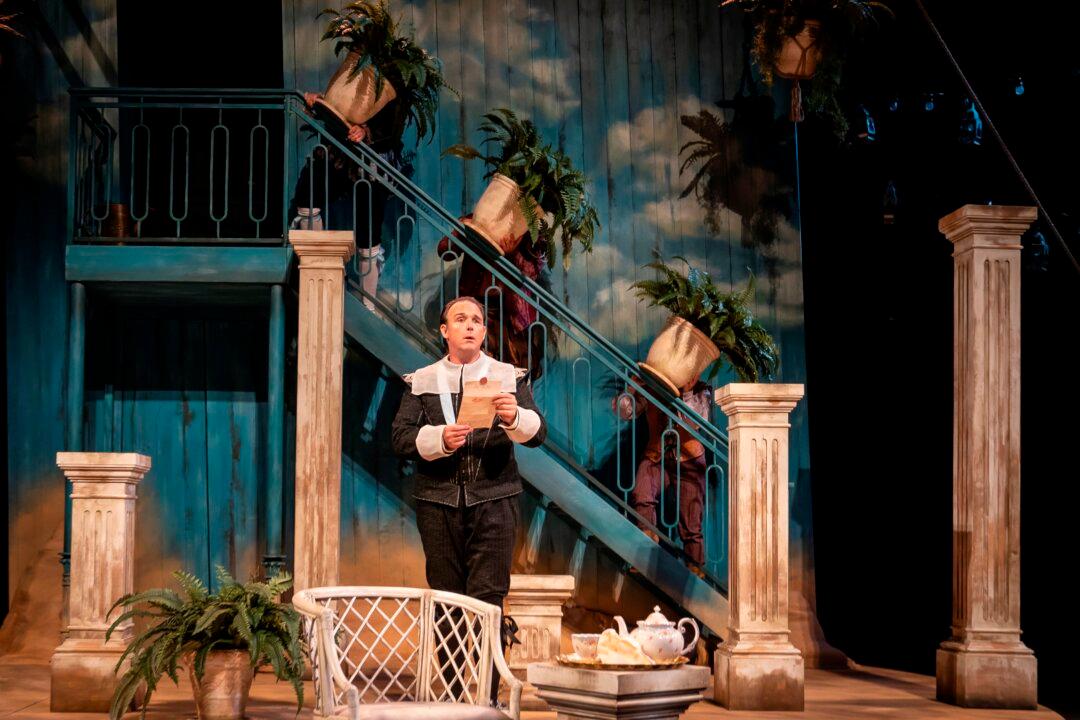SPRING GREEN, Wisc.—Seeing Tom Stoppard’s “Arcadia,” produced by American Players Theatre, is like hoping for islands of sense to emerge from a sea of disparate facts, fields of study, and theories. And yet making order from chaos is pretty much what it’s about.
Is there an algorithm that will bring order to the chaos of so irregular and complex a thing as our relationships? What are our avenues for knowing anything? Stoppard dramatizes battling philosophies in his sometimes poetic, mostly comic, and always demanding work.
We see the hilarious disparity between the truth of what happened in the past and that of present-day scholars stabbing at and sometimes hitting or sometimes missing the truth.





